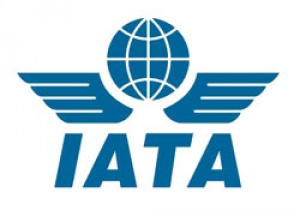IATA disappointed with CJEU opinion - urges global solution through ICAO

The International Air Transport Association (IATA) expressed its disappointment in the opinion of the Advocate General of the Court of Justice of the European Union (CJEU) which did not support the air transport industry’s challenge to Europe’s plan to include international aviation in its emissions trading scheme (EU-ETS) from 2012. A final decision is expected later this year.
“We are disappointed with the opinion of the Advocate General, but it is only part of a complex set of developments concerning the EU-ETS,” said Tony Tyler, IATA’s Director General and CEO.
“While the Advocate General of the CJEU believes that Europe is within its rights to move forward with this extra-territorial measure, that opinion is not shared in the international community. Many governments are rightly concerned about the infringements on sovereignty and the Chicago Convention that Europe’s plans pose. Last week more than 20 states—including India, China, Japan, the US, and Russia signed a declaration vowing to challenge the plan’s extra-territoriality at the International Civil Aviation Organization (ICAO). And India, for example, has very clearly indicated that if Europe proceeds it will retaliate,” said Tyler.
“We support and need positive economic measures as part of our strategy to manage aviation’s emissions. Emissions trading is one possibility. But it must be a global scheme under the leadership of ICAO. The principles for such a scheme were agreed in 2010 and ICAO is committed to delivering a global framework by 2013. Rather than risking a further escalation of tensions amongst states, I encourage Europe to support a successful, global and effective solution through ICAO,” said Tyler.
The aviation industry has ambitious environmental targets: to improve fuel efficiency by 1.5% annually to 2020, to cap net emissions from 2020 and to cut net emissions in half by 2050. Alongside improvements in technology, operations and infrastructure, global economic measures including emissions trading are needed.
ADVERTISEMENT

